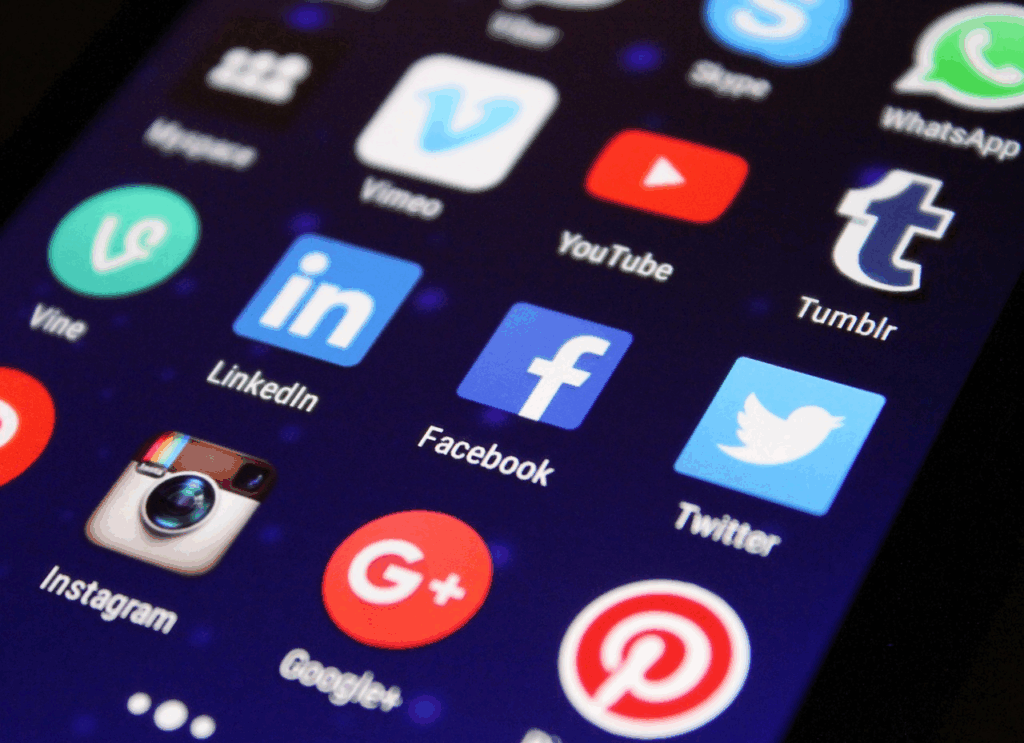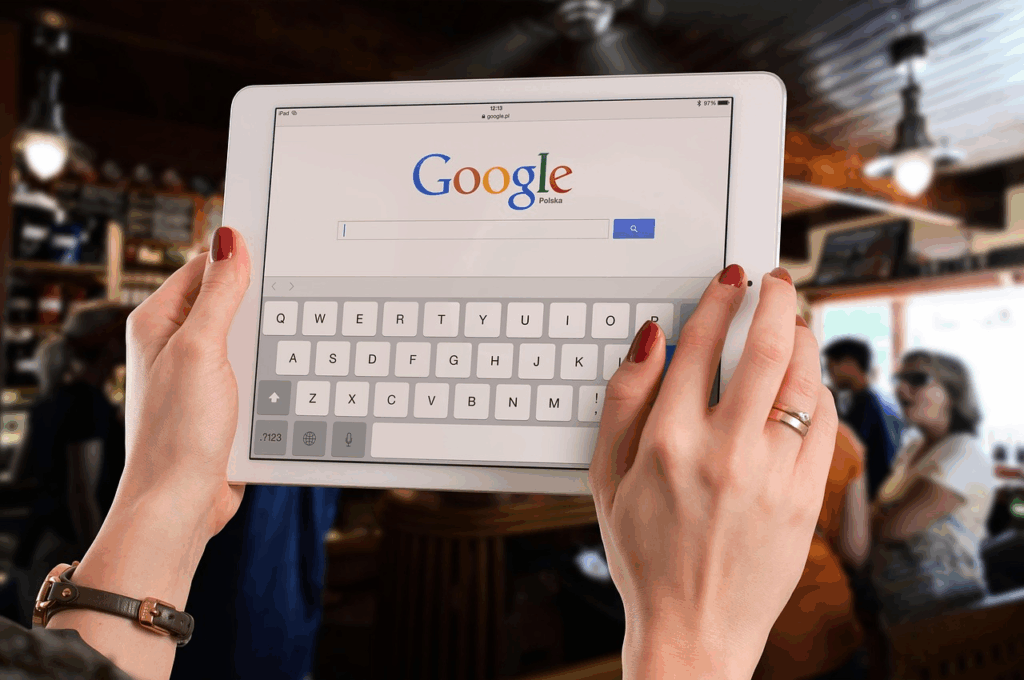
Google Ads vs Facebook Ads: Which is right for your business?
Img src: Pixabay
Here at 2iVentures, we’ve run plenty of ads for all sorts of businesses and online stores. At the start, clients always ask, “So, which works better – Google Ads or Facebook Ads?” Yet the real answer is not binary, but more complex and nuanced. Much will depend on who you’re trying to reach and what you’re asking of them. In some ways, comparing these two advertising platforms is a bit like comparing a flashlight to a camp fire. On the one hand, Google is good at helping you to find people who are already searching for what you have to offer. With Facebook, it helps you get noticed while scrolling. If, for example, your goal is to catch someone searching for “the best local plumber”, then Google wins. However, if you’d like new customers to discover your new clothing brand whilst checking posts from their friends, then Facebook might be the best choice.
Quick Takeaway (TL;DR)
In truth, Google Ads vs Facebook Ads isn’t so much about which platform can outperform the other. It’s more about “intent.” Google is more “here and now” with people searching for their immediate needs. On Facebook, it’s about stumbling across something as they scroll. So both models can lead to sales, just in different ways. On the whole, for quick results, then Google Search or Performance Max campaigns might bring in leads more quickly. Conversely, if you’re introducing a new product into the marketplace or trying to grow an audience with social media campaign management services, Facebook ads might spread your message further. Keep in mind that there’s little point in using the same ads across both platforms, as each speaks a different language.
How the Platforms Differ – Intent vs Interest
When clients ask us how these two advertising platforms differ, we suggest it’s the difference between “intent” and “interest.” For example, if someone searches for “buy electric bike” your ad might show up. They already know what they want and your job is to show them you’re the best choice. On the other hand, Facebook runs ads that revolve around interest. No one’s on the platform because they’re shopping for a new electric bike. No, they’re simply browsing content. However, should your amazing ad of pretty girls in bikinis on bikes on a sunny day catch their eye, they might click through out of curiosity. You’ve probably seen how local travel agencies can build buzz on Facebook through great location photos and videos, but then use Google to drive the actual booking.

Audience Targeting & Privacy
Privacy rules have changed the way we can market. Some years ago, Facebook ads felt like a magic path into people’s lives. You could target right down to people’s favourite bands or cereal. However, today, iPhone users can block tracking and third-party cookies are becoming a thing of the past. That’s why both Google and Facebook rely more on their own data. Although this sounds bad, it just means you have to work slightly harder to help their systems to learn about you and your products. Luckily, both platforms offer plenty of built-in tools. Just upload customer lists and set up some decent website tracking. For the battle between Google ads vs Facebook ads, it’s actually more of a level playing field today. Though Google utilises a strong search intent, Facebook is rapidly embracing AI. This is now guessing at a customer’s interest based on their internet patterns, not just data points.
Google Ads vs Facebook Ads – Creative Ad Formats
When it comes to writing a Google ad, the first thing you’ll notice is that space is in short supply. You get a few headlines, a short bit of texts and maybe an image. So you’ll need to focus on clarity rather than cleverness. Simply say what’s on offer and why it’s important. But with Facebook, it’s a completely different kettle of fish. Here, web content creation services use visuals to steal the show. Thanks to short videos, mini carousels and bold product shots are all designed to catch the eye of the casual browser. With Facebook, people “buy with their eyes.” The main takeaway here is that Google sells with words, Facebook sells through feelings.

Bidding, Budgets & Automation
Today, both of these platforms are relying more and more on automation. Simply put; you set your goals like sales or leads, and the system finds people who fit. As such, there’s nothing for you to tweak, as their respective AI models learn for a week before judging their results. But it only functions well if it’s provided with good data. For example, the system quickly gets confused if you waste time tracking wrongly or sending messy signals. In this respect, it’s easy to waste a ton of money if you don’t know what you’re doing. One of the most common mistakes is changing things too soon. Let your campaign “breathe and then review it after a couple of weeks. As for budgeting, we suggest that you always start small. That’s because you’ll learn much more spending £20 per day, than simply splurging £200 in one burst.
Measurement & Attribution – Avoiding Bad Calls
Unfortunately, no one platform can tell you the whole story. You might see a sale reported by Google and another by Facebook, only to later discover they’re the same sale. Because there’s no way of countering this, it’s probably best to focus on chasing consistent leads, as opposed to perfect numbers. Each platform has some great conversion tools, like Google’s server-side tracking and Meta’s CAPI. Though both offer honest results, it’s always worth asking your digital marketing services agency whether it’s your ad driving clicks or if you’re utilising the right sort of action? When you compare Google ads vs Facebook ads, you’ll see that the former shows much clearing intent-driven conversions. On the other hand, Facebook is better for tracking the influence and discovery side of things. We suggest that you keep both in mind when trying to judge success.

Best Use Cases by Business Type
With patience, you’ll gradually see patterns start to emerge. For commerce, Google’s Shopping campaigns and Performance Max are a perfect match for shoppers who are ready to make a purchase. So for business services, Google is the top dog. Facebook offers better results if they’re based on storytelling or brand awareness. In other words, Facebook is more for reminders. For B2B, it’s probably best to mix the two platforms. After all, Google is best for catching active prospects. Facebook can warm up cold ones with things like case studies and behind-the-scenes posts.
Google Ads vs Facebook Ads – Decide in 30 Days
If you can’t decide where to begin, then why not use a digital marketing agency to test both. Run a 30 day campaign and spend half your budget on Google and half on Facebook. Don’t get itchy fingers and start tweaking your campaigns during this period. At the end, compare the cost per lead or sales between them. You’re also looking for greater engagement and better traffic. Even a short test is going to be better than guessing. Don’t be afraid to spend a little to get better data, as it’ll save both time and money in the long run. When it comes to Google ads vs Facebook ads, each will demonstrate their strengths providing you give them enough time to let their data speak.





